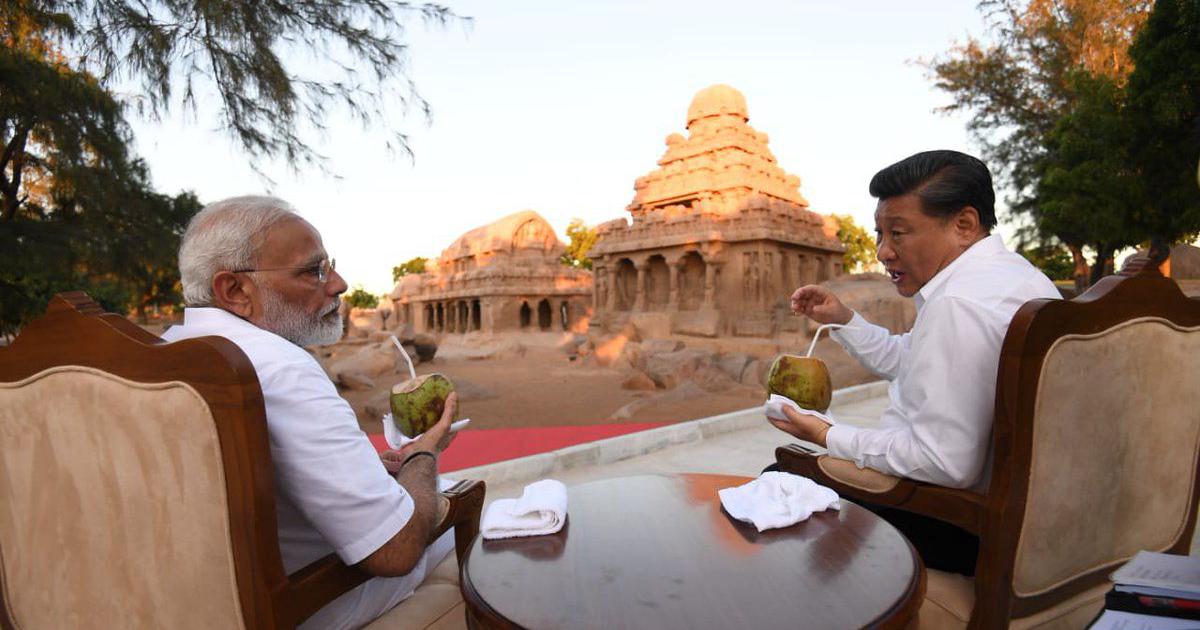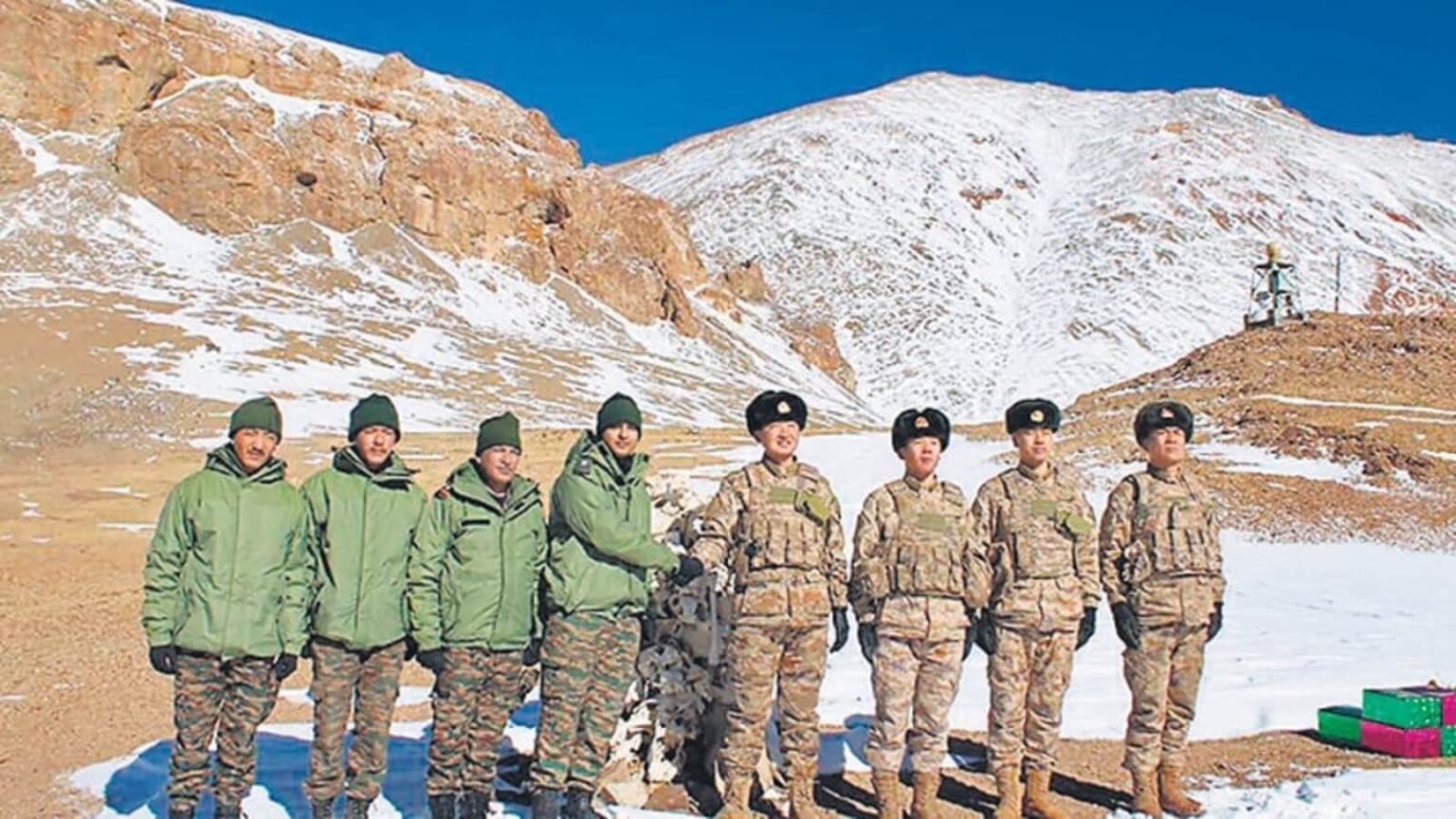The ideational dimension of India’s challenge with China encompasses the historical, cultural, and geopolitical narratives that shape their bilateral relations. This dimension is critical in understanding the underlying tensions that have influenced interactions between the two nations.

Source:- bbc news
Historically, the relationship has been marred by conflict, most notably the Sino-Indian War of 1962, which left a lasting impact on public perception and policy-making in India. This war not only instilled a sense of mistrust but also framed China as a strategic adversary. Indian nationalism, deeply rooted in historical grievances, contributes to a perception of China as a hegemonic power seeking to undermine India’s position in the region. This historical narrative influences contemporary security strategies, defense policies, and diplomatic approaches.
Source:- news 18
Culturally, India and China have rich civilizations with divergent worldviews. India’s emphasis on democratic values, pluralism, and non-alignment contrasts sharply with China’s authoritarian model and assertive nationalism. This ideological divergence complicates diplomatic engagement, as both nations seek to project their model of governance as superior. India’s aspiration to be a leader in the Global South, advocating for a multipolar world order, clashes with China’s Belt and Road Initiative, which aims to expand its influence through economic dependence.
Furthermore, geopolitical narratives around territorial disputes, particularly in areas like Ladakh and Arunachal Pradesh, add layers of complexity. These disputes are not merely about land but are also symbolic of broader national identities and aspirations.
In summary, the ideational dimension of the India-China challenge is characterized by a complex interplay of historical grievances, cultural narratives, and geopolitical aspirations. Understanding this dimension is essential for formulating effective strategies to manage tensions and promote stability in the region.
Share your views in the comments

